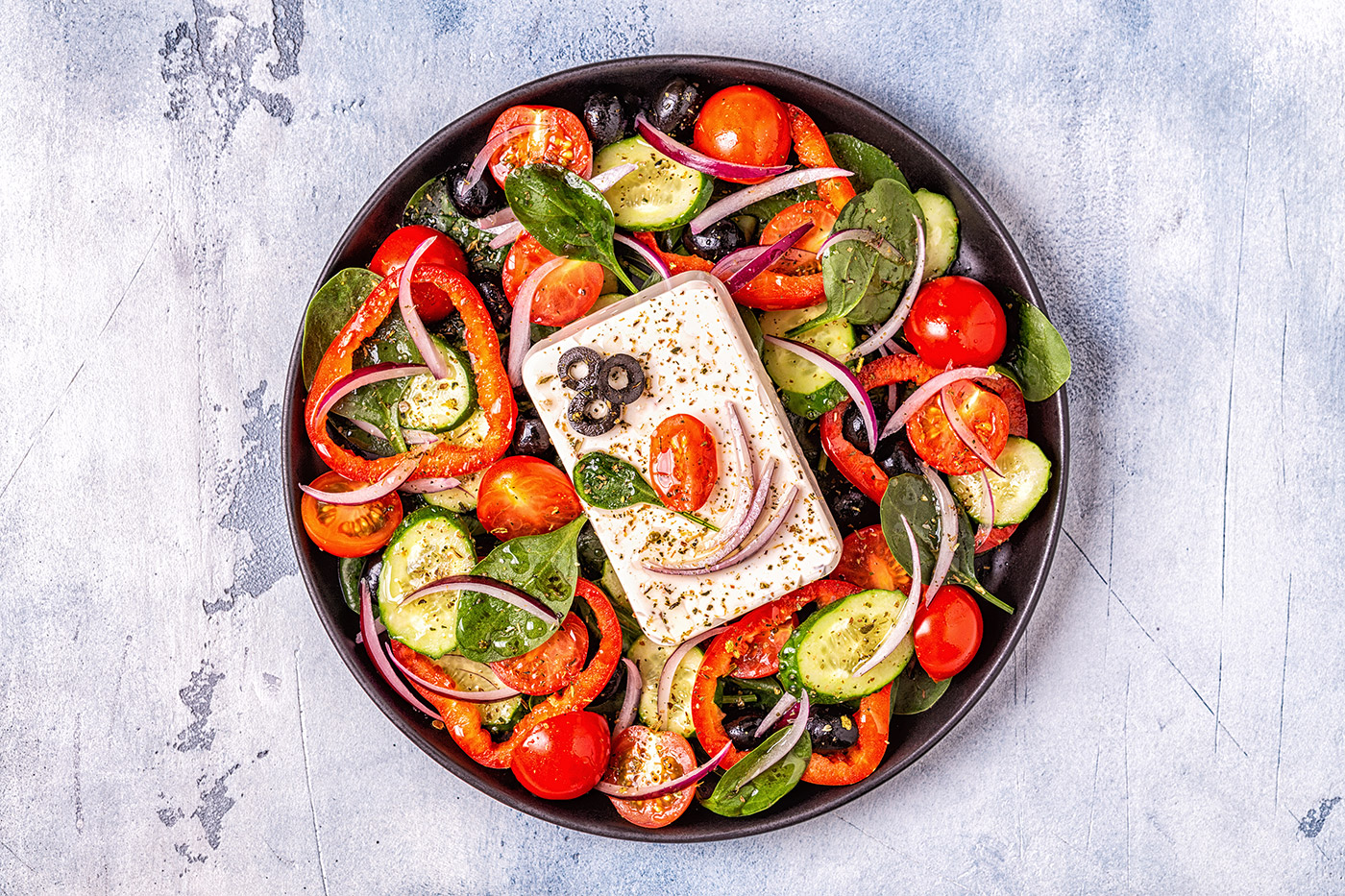To address the growing burden of coronary artery disease (CAD) in India, researchers at the All India Institute of Medical Sciences (AIIMS), in collaboration with The George Institute for Global Health and the University of South Carolina, have developed the first Indian Adapted Mediterranean Diet (IAMD). This seven-day meal plan merges the scientifically backed principles of the Mediterranean diet with familiar Indian foods to create a heart-healthy, anti-inflammatory eating pattern suited for Indian patients.
The IAMD is currently being tested in a clinical trial at AIIMS involving 140 participants, nearly half of whom are diagnosed with CAD. The trial aims to evaluate the diet’s effectiveness, acceptability, and practicality among Indian patients. Funded by the Indian Council of Medical Research (ICMR), the initiative is built on extensive nutritional research and focuses on reducing dietary inflammation—a known contributor to heart disease and related conditions.
Researchers reported that diets currently followed by CAD patients in India showed Dietary Inflammatory Index (DII) scores ranging from -1.8 to 3.8, with a median of 1.1. In contrast, the newly developed IAMD achieved DII scores between -7.8 and -8.4, with a median of -8.0—indicating a strong anti-inflammatory potential. A lower DII score signifies a diet more likely to reduce inflammation in the body, which has been linked to lower risks of heart disease, certain cancers, mental health disorders, and cognitive decline.
While traditional Indian diets contain several anti-inflammatory ingredients, modern dietary habits in the country are often skewed toward excessive cereals and insufficient intake of legumes, fruits, vegetables, and nuts. The IAMD addresses these gaps by integrating nutrient-rich, locally available Indian foods into a balanced format modeled after Mediterranean principles.
Instead of imported ingredients like bulgur, farro, or extra virgin olive oil, the IAMD uses broken whole wheat, basmati rice, and culturally accepted oils like mustard and peanut. Herbs such as thyme and rosemary are replaced with Indian counterparts like tulsi, ajwain, turmeric, nutmeg, and mace. Indian green leafy vegetables such as bathua, chaulai, fenugreek, and radish leaves are featured prominently, while calorie-specific plans ensure appropriate macronutrient distribution—approximately 15 percent protein, 25–30 percent fats, and 50–53 percent carbohydrates.
According to Dr Ambuj Roy, professor of cardiology at AIIMS and principal investigator of the study, diets with low DII scores not only benefit cardiovascular health but also support overall longevity and protection against chronic diseases. The detailed findings were recently published in the journal BMC Nutrition.
As lifestyle-related health issues rise across both urban and rural India—with CAD prevalence ranging from 7 to 13 percent in cities and 2 to 7 percent in villages—researchers hope that the IAMD can serve as a culturally appropriate, scientifically grounded solution to improve dietary habits and reduce disease burden nationwide.
